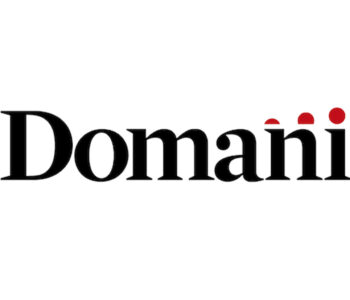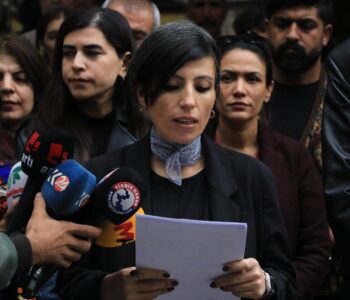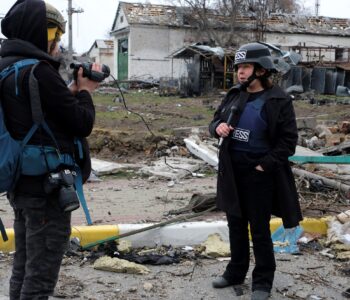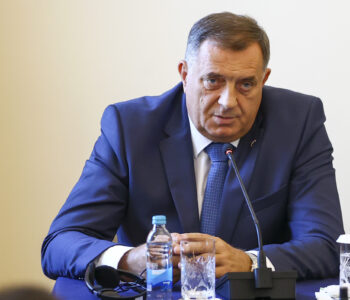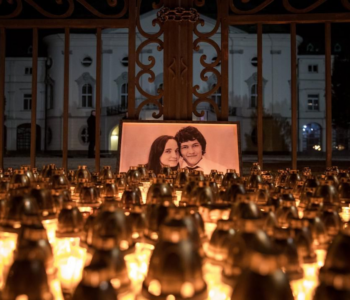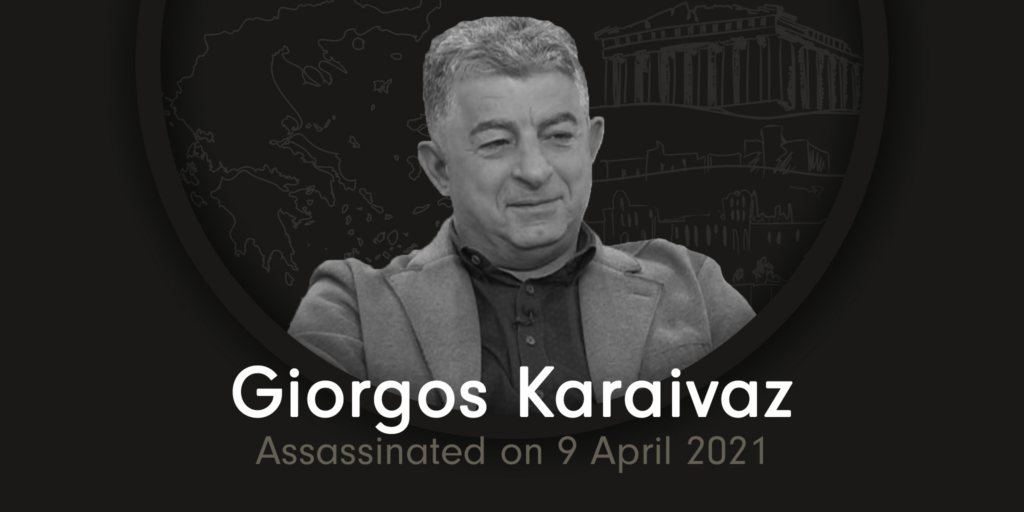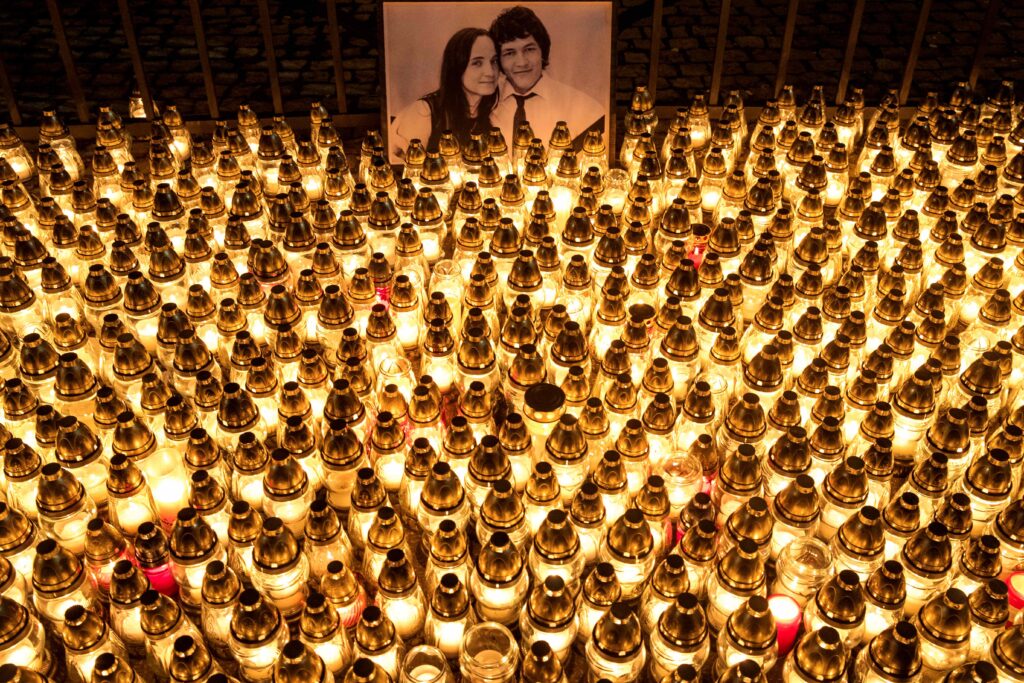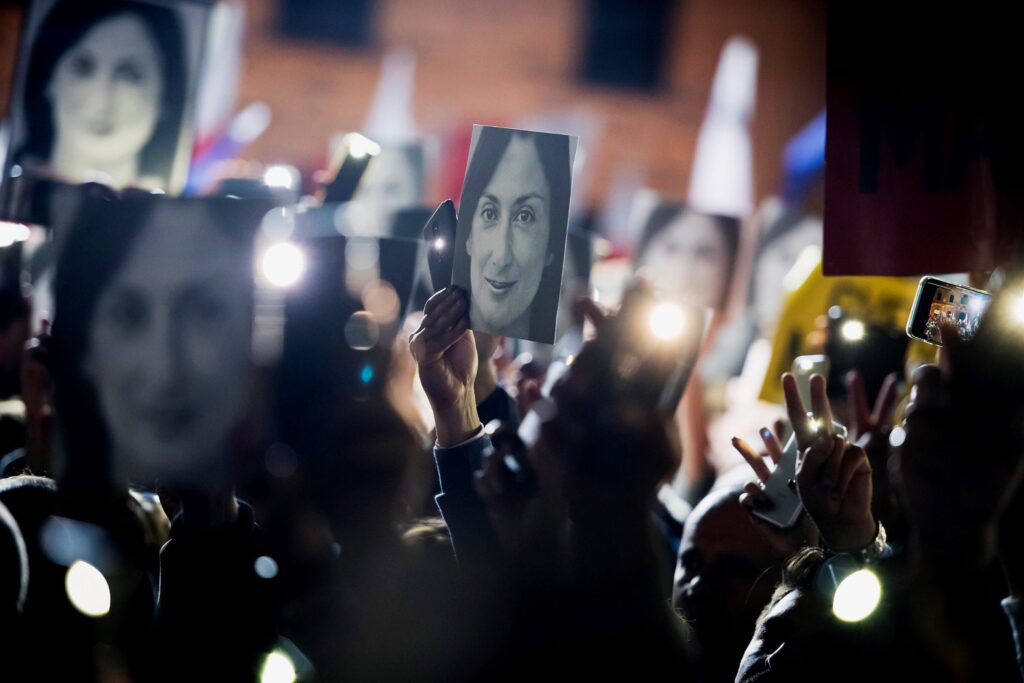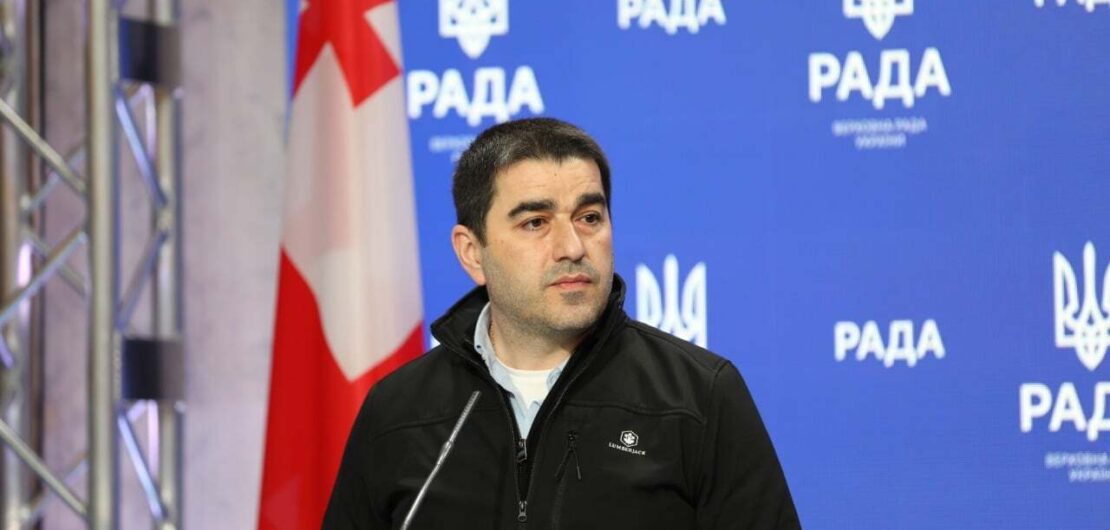 Library
Library
Georgia: MFRR partners denounce smear campaign against journalist by…
Georgia: MFRR partners denounce smear campaign against journalist by speaker of the Parliament
The partner organisations of the Media Freedom Rapid Response (MFRR) today express concern at the discrediting of a prominent Georgian journalist by Shalva Papuashvili, Speaker of the Georgian Parliament. The comments come amid a broader wave of smear campaigns against independent media in Georgia by Papuashvili and others.
On 20 February 2024, Georgian media reported that Papuashvili had publicly discredited Gela Mtivlishvili, the editor of online news site Mtis Ambebi, by questioning his credentials as a journalist in the course of an interview. In remarks to journalists, Papuashvili mentioned an investigation by Mtivlishvili into a natural disaster in the mountain locality of Shovi in August 2023, in which 33 people were killed.
During a lengthy comment on the article, the Speaker of Georgia’s Parliament claimed that the piece was “full of lies” and part of a “disinformation campaign”. He also questioned the basis on which Mtivlishvili was shortlisted for The EU Prize for Journalism 2023, a prize awarded annually by the EU Monitoring Mission in Georgia (EUMM), demanding to know the identities of the jury members who selected the winners. The comments reflect an effort by the Speaker to undermine trust in Mtis Ambebi, Gela Mtivlishvili, and the wider independent media scene in Georgia.
This is not the first incident of its kind involving Papuashvili. In September 2023, the Speaker wrote a letter of complaint to at least one donor organisation that supports the media outlet OC Media, following their refusal to publish an opinion piece that he had written. A representative of the Speaker of Parliament had earlier refused to send the text to OC Media until the outlet confirmed that they would publish it.
Papuashvili described OC Media’s decision on his letter as “an illustrative case of why and how the self-styled ‘critical media’ in Georgia discredits itself beyond repair, losing trust of the public and ending up mostly speaking to each other or their own closed bubble.” By reacting in such a way to OC Media’s refusal to publish his piece, Papuashvili discredited a legitimate media outlet and contributed to increasing distrust in the media.
The MFRR partners condemn such efforts, by Papuashvili or any other public officials.The comments against Mtivlishvili are unacceptable, especially given the high-ranking position of Papuashvili within the Georgian parliament.
Sadly, disinformation and discrediting campaigns against journalists have been a notable threat to media freedom in Georgia prior to this, with Georgia’s Media Advocacy Coalition expressing concern that these were becoming “systematic” following Papuashvili’s most recent comments.
In January, the ruling party Georgian Dream reacted to a request for public information sent to parliament by journalist Tea Giligashvili by posting a copy of her letter on the party’s Facebook page and questioning the legitimacy of her request.
At the time, Georgia’s Media Freedom Coalition denounced these actions, claiming that Georgian Dream “systematically uses [its] Facebook page to discredit political opponents, civil society organizations, critical media and journalists”.
In another incident, Vladimer Mgaloblishvili, a member of the parliament of the region of Ajara, posted a similar letter sent to the local assembly by journalist Tedo Jorbenadze. In his discrediting post, Mgaloblishvili accused the journalist of “lying” and made no efforts to conceal his personal data. Local authorities later claimed that they “could not remember” how the letter came into Mgaloblishvili’s possession, the Media Freedom Coalition wrote.
MFRR partners call on Georgian authorities to ensure that the country’s media are allowed to function freely, without receiving derogatory or insulting comments from politicians. This applies especially to those in powerful positions who have a significant role in society, such as Papuashvili, who have an additional responsibility to restrain from personal attacks on journalists.
The undersigned organisations call on the leadership of the ruling Georgian Dream party – of which Papuashvili is a member – to immediately condemn the discreditation campaign launched by the Speaker of Parliament. We also urge the Georgian Dream party to present clear guidelines to its members to ensure no such incidents occur in future.
This statement was coordinated by the Media Freedom Rapid Response (MFRR), a Europe-wide mechanism which tracks, monitors and responds to violations of press and media freedom in EU Member States, Candidate Countries and Ukraine.

